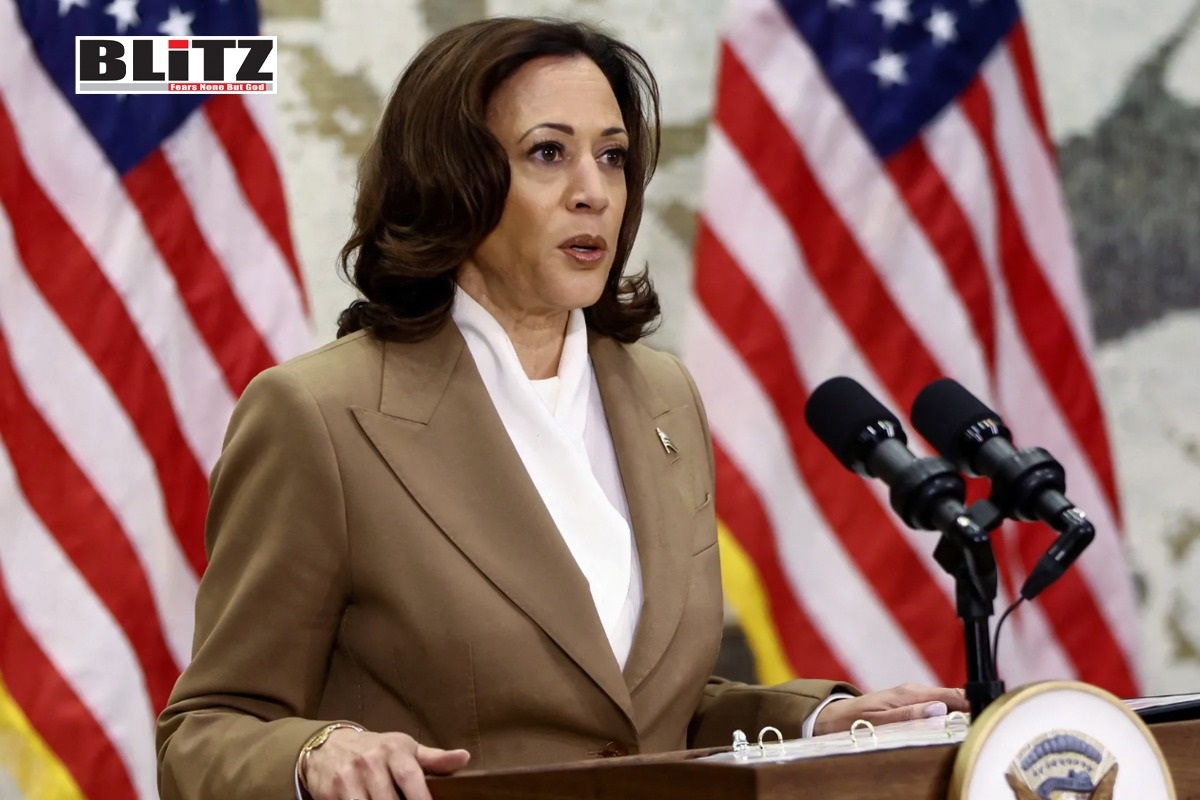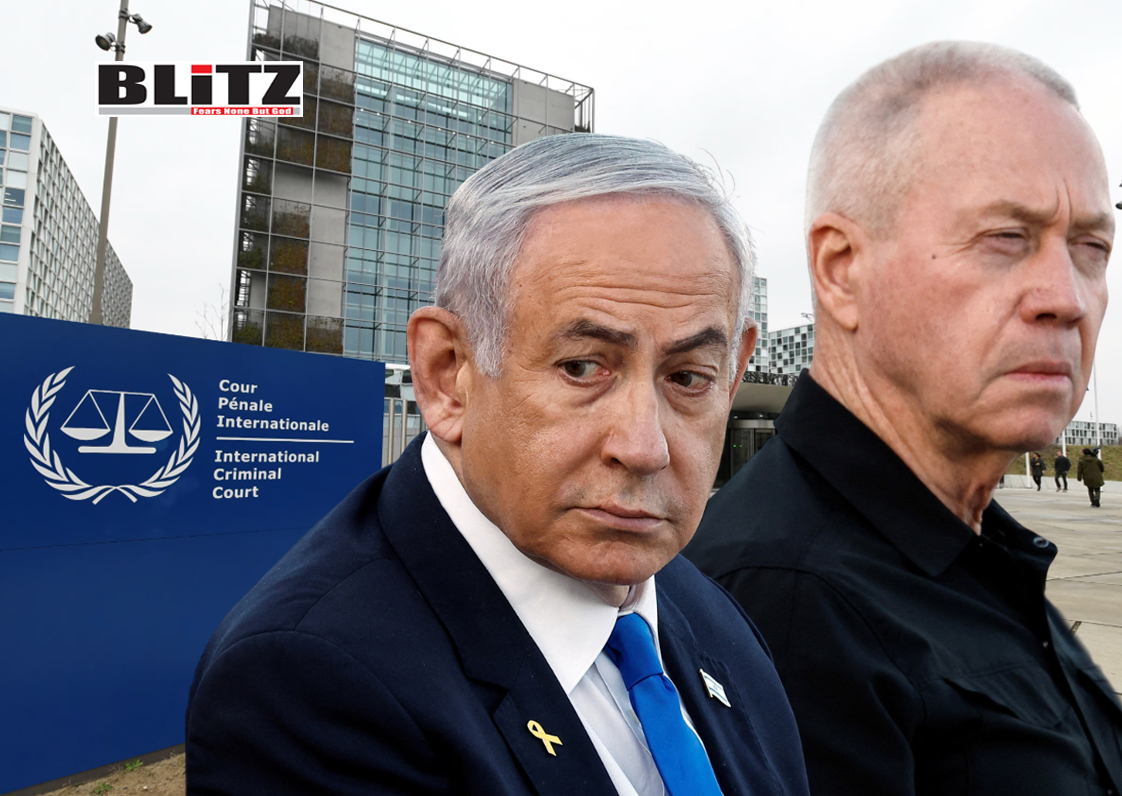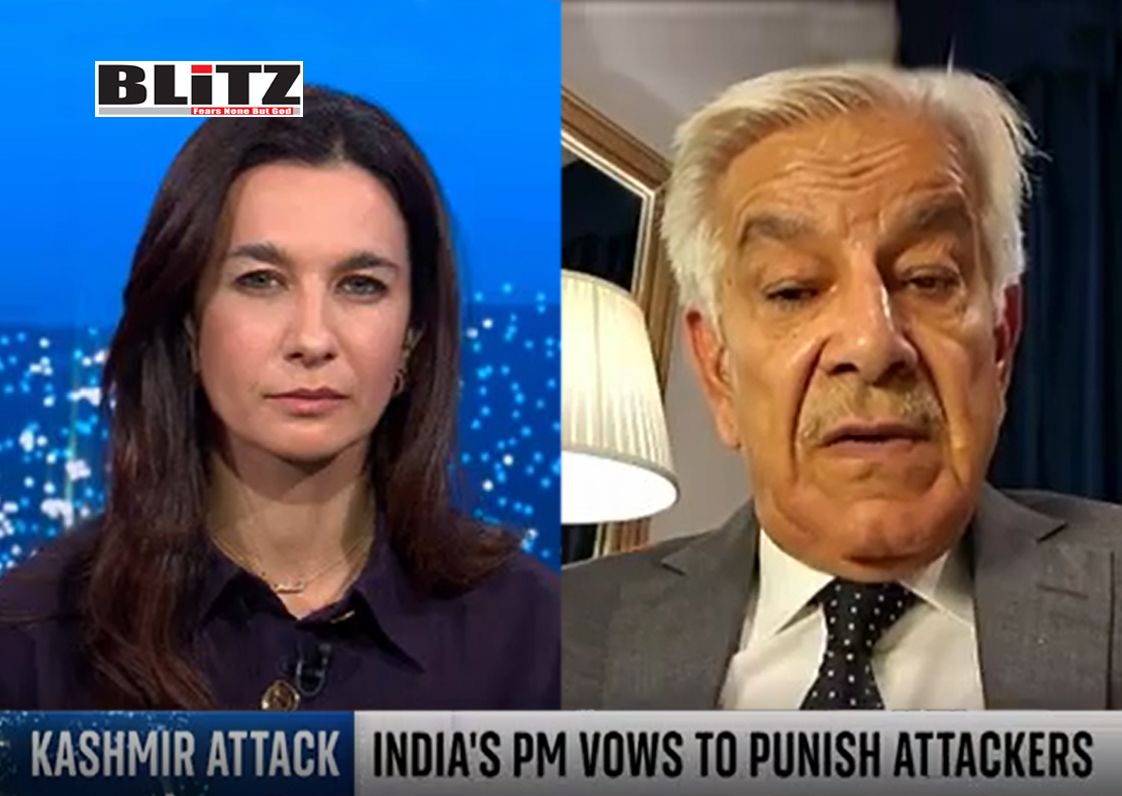Kamala Harris faces growing pressure on Israel policy
- Update Time : Wednesday, September 4, 2024

In the six weeks since US President Joe Biden announced his withdrawal from the 2024 presidential race, Vice President Kamala Harris has stepped into the spotlight as the new Democratic candidate. As she navigates the complex landscape of American politics, one issue stands out as particularly challenging: the ongoing war in Gaza and US support for Israel. Harris has had to balance her loyalty to Biden’s policies with the need to present her own views to the American electorate, a delicate task made even more difficult by the shifting sentiments within her own party.
Before Biden’s withdrawal, his unwavering support for Israel had become a growing concern among many Democrats and some independent voters. The war in Gaza and Israel’s military actions in the Occupied Territories had sparked a significant backlash, particularly among younger and more progressive Democrats. In states like Michigan, this opposition began to crystallize into a political movement. During the Michigan Democratic primary earlier this year, a notable number of voters chose to vote “uncommitted” as a sign of their opposition to the administration’s stance on the conflict. This was a clear indication that Biden’s support for Israel was becoming an electoral liability, particularly in swing states where even a small shift in voter sentiment could determine the outcome of the election.
These “uncommitted” voters, though still a minority, have gained influence in critical states like Michigan. Their opposition to Israel’s actions in the Occupied Territories reflects a broader trend within the Democratic Party. Polls have shown a growing sympathy for the Palestinian cause among Democrats, particularly younger voters, who have become increasingly vocal in their demands for a change in US policy.
As vice president, Kamala Harris has been in a tricky position. She has had to remain aligned with Biden’s policies while also carving out her own stance as a candidate. On many issues, including US support for Israel, Harris has sought to strike a balance between loyalty to Biden and suggesting a potential change in course if she were to win the presidency.
Harris has consistently expressed her commitment to Israel’s security, a cornerstone of US foreign policy. However, she has also shown a greater concern for Palestinian suffering than Biden has, reflecting the growing divide within the Democratic Party. This balancing act was evident in her response to the demands of activists who called for a significant shift in US policy, including an immediate ceasefire and a halt to arms shipments to Israel. While Harris had called for a ceasefire earlier in the year, many activists felt that she needed to take a stronger stance to distinguish her position from that of the outgoing president.
One of Harris’ first major opportunities to clarify her views on the Israeli-Palestinian conflict came during the Democratic National Convention. Activists and voters hoping for a significant change in US policy were closely watching Harris’ speech. Reports indicated that Harris and her campaign were more receptive to the concerns of these activists than the Biden team had been. However, the speech itself left many feeling disappointed.
In her address, Harris called for a ceasefire and pledged to “always stand up for Israel’s right to defend itself.” She also acknowledged the devastation in Gaza, describing the situation as “devastating.” For many observers of Democratic politics, Harris’ decision to address the controversial issue at all was seen as a sign of shifting views within the party. However, for uncommitted activists, her words fell short of the strong condemnation of Israel’s actions they were hoping for.
The convention also highlighted the tensions within the Democratic Party on this issue. The decision by the Democratic leadership to allow the Israeli American parents of hostage Hersh Goldberg-Polin to speak, while refusing to grant time for a Palestinian American speaker, was seen by many activists as a clear signal that the party was not ready to fully embrace their perspective. While activists did not object to the parents of a hostage speaking, they felt that the exclusion of a Palestinian American voice reinforced the perception that the party was not yet prepared to truly hear the concerns of those opposed to Israel’s actions.
Harris’ views on the conflict were further scrutinized during a CNN interview on August 29. When asked directly whether she would consider withholding weapons shipments to Israel, Harris sidestepped the question. Instead, she reiterated her commitment to Israel’s defense while also emphasizing the importance of how Israel conducts its military operations. She expressed concern over the high number of civilian casualties in Gaza and renewed her call for a negotiated end to the conflict, with the goal of achieving a two-state solution that would ensure security and self-determination for both Israelis and Palestinians.
Harris’ comments during the interview highlighted the subtle shift in her rhetoric compared to Biden’s, but also underscored the reluctance of Democratic Party leaders to make a significant break with the traditional US stance on Israel. While polls show that a majority of Democratic voters now oppose sending weapons to Israel, particularly in light of the ongoing conflict, this shift in public opinion has not yet been fully reflected in the positions of the party’s political and foreign policy leadership.
Kamala Harris faces a formidable challenge as she seeks to unite a divided Democratic Party while also appealing to the broader electorate. The issue of US support for Israel is a particularly thorny one, as it touches on deep-seated beliefs and long-standing alliances that have defined American foreign policy for decades. Harris’ attempts to balance these competing interests have resulted in a nuanced position that acknowledges the suffering of Palestinians while reaffirming support for Israel’s security.
However, for many voters, particularly those who have been energized by the uncommitted movement, Harris’ stance may not go far enough. The growing demands for a more equitable US policy in the Israeli-Palestinian conflict reflect a broader shift within the Democratic Party, one that Harris will need to navigate carefully as she continues her campaign. The coming weeks, particularly as the situation in Gaza and the West Bank continues to evolve, will be critical in determining whether Harris can successfully walk the tightrope between traditional Democratic support for Israel and the growing calls for change.
For some voters, Harris’ nuanced approach may be enough to secure their support, particularly when compared to the more hardline positions of her Republican opponents. However, for others, particularly those who are deeply committed to the Palestinian cause, her reluctance to fully break with Biden’s policies may be a deal breaker. As the 2024 election approaches, Harris will need to continue refining her message on this and other key issues if she hopes to build the broad coalition necessary to win the presidency.














Leave a Reply